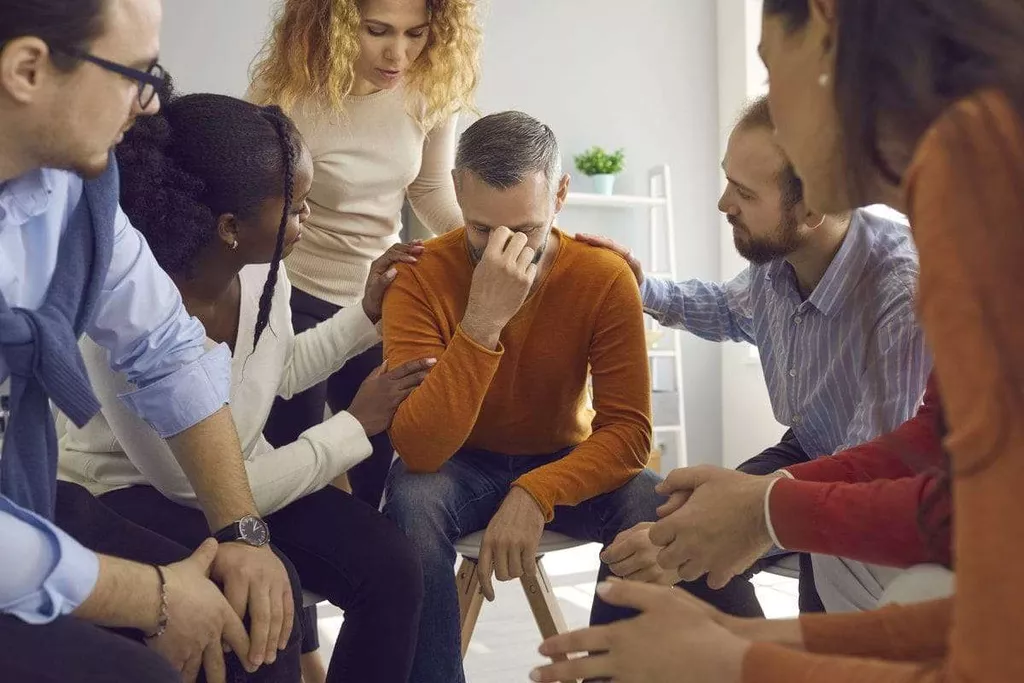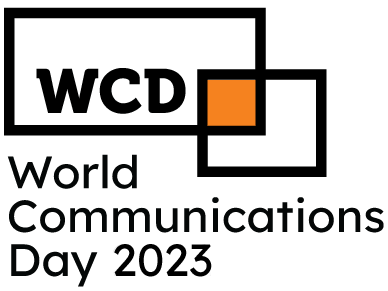Content
His research suggests that soon after you consume alcohol, that glass of wine or tumbler of bourbon helps speed your descent into slumber. Alcohol is a muscle relaxant and relaxes the muscles in your upper airways, disrupting normal breathing. Drinking can be especially dangerous for people with obstructive sleep apnea, who wake up many times during the night as their airways momentarily collapse. Later in the night, as alcohol levels drop, your brain kicks into overdrive. “As the levels decline, you’re going to get more issues with the fragmentation,” said Dr. R. Nisha Aurora, a member of the board of directors of the American Academy of Sleep Medicine.
- It may increase the likelihood of waking up in the middle of the night, resulting in grogginess the next morning.
- Alcohol is a muscle relaxant and relaxes the muscles in your upper airways, disrupting normal breathing.
- The solution seems simple; they have another beer, another glass of wine, another shot.
- Eventually, however, they notice that they are tired when they wake up.
- Sleep apnea is a disorder characterized by abnormal breathing and temporary loss of breath during sleep.
Subjective changes in sleep were measured using the PSQI (Buysse et al., 1989). This type of behavioral therapy works to improve your sleep efficiency, or the time you spend asleep divided by the time you spend in bed. The idea behind sleep restriction is that by limiting the amount of time you allow yourself to sleep and stay in bed, you’ll increase your desire to sleep (called sleep drive) and sleep less fitfully and more efficiently. The first treatment for insomnia in recovery is sobriety, and many patients will see improvement. For the specific treatment of insomnia, behavioral therapies are the preferred treatment (rather than medications), as they have been shown to be effective and they won’t interfere with sobriety.
The Sweet Health Benefits of Dates
However, even small amounts of alcohol can have noticeable effects in some people. Older men who consume alcohol are more likely to have a worse sleep profile, characterized by waking tired and waking several times during the night. During the final hours of sleep when alcohol is metabolized by the body, it can have a disruptive effect on sleep, causing frequent waking and fragmented sleep. Ultimately, alcohol can decrease the amount and quality of sleep you get. After a few hours of sleep, alcohol can cause you to wake up and have a difficult time going back to sleep.

All cases and controls reported past and present ADHD symptom scores using the ASRS and WURS to screen for ADHD symptoms. We rather suggest that the inclusion of the two samples of adults was a strength by enabling us to study associations along the full spectrum of ADHD related symptoms. If you drink alcohol at night and have trouble falling or staying asleep, you might wonder how long you should wait between your last drink and going to bed so your sleep isn’t impacted. Alcohol can cause insomnia because of the damage that alcohol can do to your sleep cycles and circadian rhythm. This can lead to additional effects like daytime sleepiness and grogginess. The impact of drinking on insomnia may be particularly acute in older adults.
Drinking Water Before Bed
This is a stage of light sleep where the individual can be easily woken. Alcohol consumption among the elderly has increased10 and the prevalence of insomnia tends to increase with age11, therefore this age group warrants particular consideration. Our insomnia treatment program has helped over 2,000 users beat their insomnia & sleep better. Historically, research has suggested that insomnia worsens alcohol-related consequences.
This means that someone self-medicating spirals deeper into their dependency, turning it into a full-blown addiction faster. Research shows that between 33% and 40% of people who consume alcohol experience mild to severe anxiety. Individuals who have attention deficit hyperactivity disorder (ADHD) are also particularly affected by insomnia. A 2020 study found that people with ADHD are more likely to consume alcohol to treat their insomnia symptoms. With extended use of alcohol over time, there can be long-term concerns, too. Many who abuse alcohol often do it well into the night and oversleep into the next day.
Why Does Alcohol Withdrawal Cause Insomnia?
Thankfully, sleeping without alcohol is an achievable goal if you follow several recommended strategies. The brain then moves on to the next stage of light sleep, but there is an increase in brave wave frequency, https://ecosoberhouse.com/article/alcohol-insomnia-causes-and-ways-to-eliminate/ followed by a further slowing down. This process of powering up and then slowing down helps to further slow activity in the brain. Your brain spends more time in this stage of sleep than in other stages.
- “It’s probably OK to have a glass of wine with dinner four hours before bed,” Dr. Abbott said.
- Drinking to fall asleep can cause or worsen some health issues over time.
- Given enough time abstinent, the brain will recover from this syndrome, but seeking counseling services can be beneficial during this time.
- Your central nervous system becomes more excitable, counteracting the effects of alcohol.
Acamprosate improved WASO and Stage 3 of sleep and also increased the REM latency but did not impact SL or TST. Fifty-four patients were entered in the study of which 52 patients were analyzed. The patients were tapered off alcohol and then underwent a 2-day placebo run in period following which they were randomized to receive the active medication. Twenty-seven patients received 7.5 mg of zopiclone at night, while 25 patients received 1 mg lormetazepam (dose equivalent of 6.5 mg of diazepam) (Ansoms et al., 1991).
Sleep apnea is a disorder characterized by abnormal breathing and temporary loss of breath during sleep. These lapses in breathing can in turn cause sleep disruptions and decrease sleep quality. Obstructive sleep apnea (OSA) occurs due to physical blockages in the back of the throat, while central sleep apnea (CSA) occurs because the brain cannot properly signal the muscles that control breathing. They may turn to alcohol to reduce their anxiety symptoms, which also increases insomnia, exacerbating their anxious feelings.
Why do I wake up drunk the next day?
Too much alcohol
If you over-consume before sleeping, it can cause confusion when you wake up. This can especially happen if you're still intoxicated from the alcohol when you wake up. This is a combo of drunkenness from alcohol and sleep drunkenness, and it can be particularly concerning.
This may mean they are given medication that should not be mixed with alcohol or are given poor treatment because they have given insufficient information. Reach out to a treatment provider for free today for immediate assistance. Your daily habits and environment can significantly impact the quality of your sleep. Drinking alcohol in moderation is generally considered safe but every individual reacts differently to alcohol.
How does alcohol affect your sleep?
An open-label trial compared gabapentin (888 ± 418 mg; range 300–1800 mg) against trazodone (105 ± 57 mg; range 50–300 mg) in 55 patients over 4–6 weeks. Both groups reported improvement in sleep as measured by the Sleep Problems Questionnaire (SPQ) (Jenkins et al., 1988). However, the gabapentin group reported more improvement in SPQ scores as compared with the trazodone group. Also, patients of the trazodone group were more likely to report daytime tiredness (Karam-Hage and Brower, 2003).
Is alcohol affecting your IQ?
Conclusions. We found that lower results on IQ tests are associated with higher consumption of alcohol measured in terms of both total alcohol intake and binge drinking in Swedish adolescent men.
